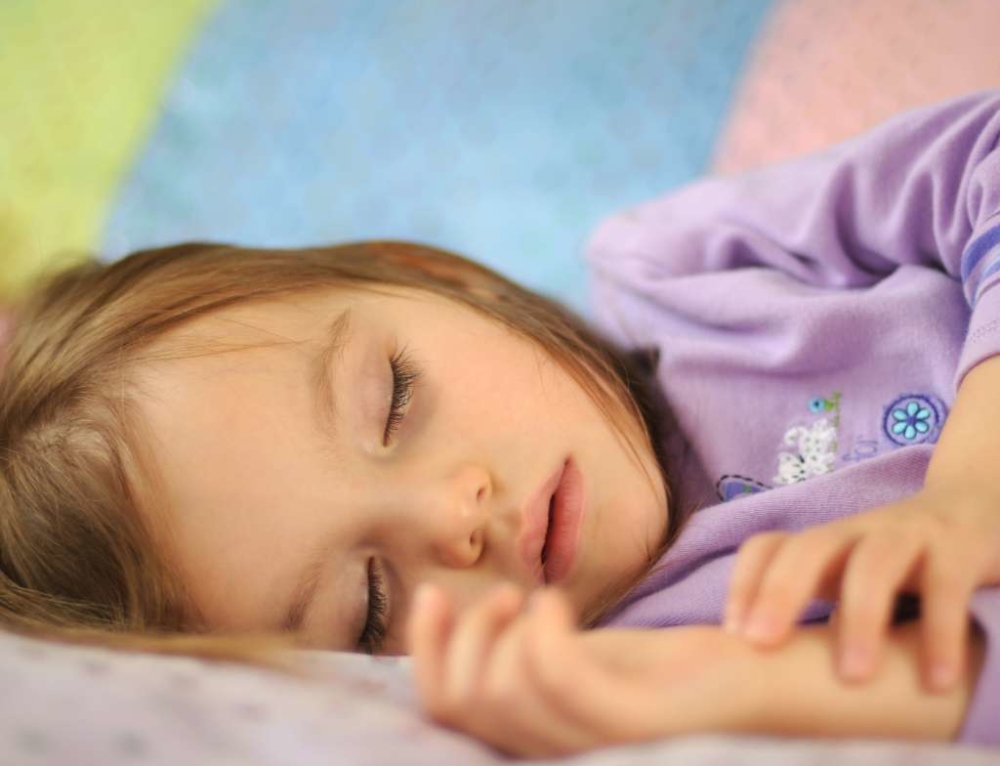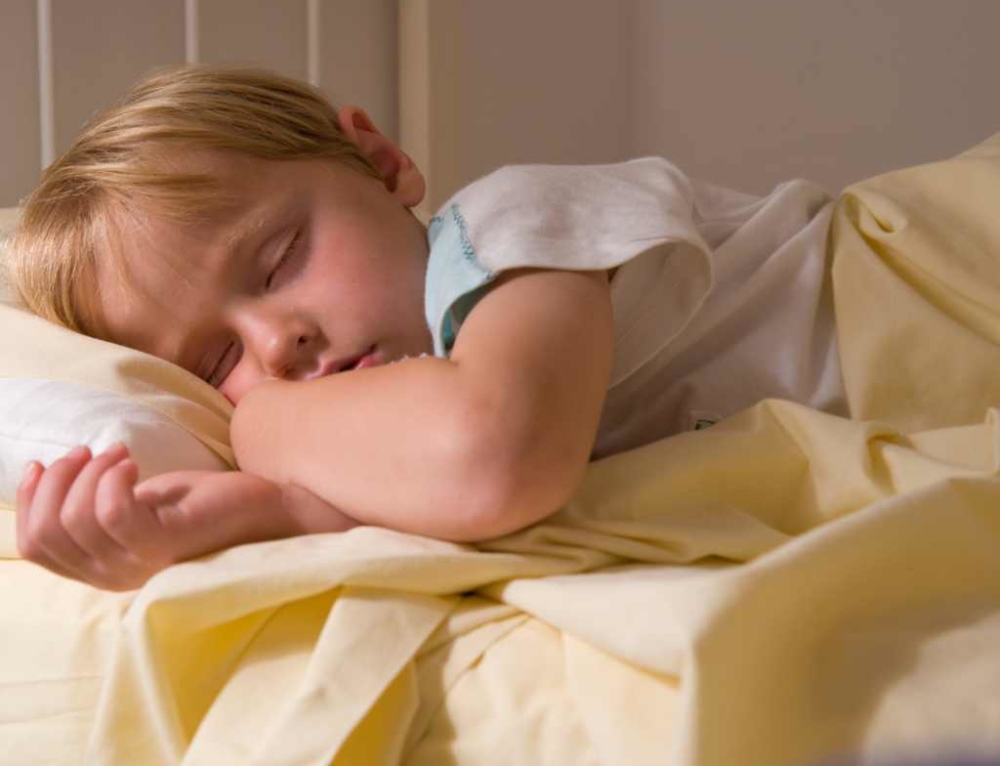Tourette syndrome is a neurological disorder in which your child may have a variety of physical and/or verbal “tics”. Tics can range from eye blinking, sniffing, and grunting, to the more serious jumping and cursing. More boys than girls suffer from Tourette syndrome. Kids with Tourette syndrome may also suffer from ADHD (attention deficit hyperactivity disorder), OCD (obsessive-compulsive disorder), depression and anxiety.
What causes it?
Doctors aren’t really sure what causes Tourette syndrome, but they believe it might have to do with a combination of genetic and environmental factors. Some researchers believe that brain abnormalities and infections may also play a role. Although some children appear to outgrow Tourette syndrome, the disorder is thought to be always present.
Is it serious?
Tourette syndrome is rarely serious, but it can be embarrassing and extremely frustrating for your child.
Can I prevent it?
While you can’t prevent Tourette syndrome, you can help your child develop strategies to manage the disorder.
How do I know if my child has Tourette syndrome?
Kids with Tourette syndrome display a variety of verbal and physical tics ranging from what are called simple tics to complex tics. Simple tics include blinking, shrugging, head jerking, eye darting, finger flexing, sticking the tongue out, barking grunting, hiccupping, yelling, and throat clearing. Complex tics include touching and smelling things or people, hopping, jumping, arm flapping, obscene gestures, repeating words or phrases, using different voices, and verbalising obscenities.
How do I treat it?
Treatment for Tourette syndrome generally includes management strategies and medications. In some milder forms of Tourette syndrome, a child can restrain the tics long enough to get to a place where he can privately let them all out. Other children may need medications to help control the tics. Stress and anxiety may aggravate tics and many children have tics in their sleep, so it’s important to educate yourself as to what happens when your child has Tourette syndrome. Psychological treatment may be necessary to treat accompanying disorders. There has been some success with deep brain stimulation (DBS), a procedure during which an electrical probe is implanted into the section of the brain thought to cause Tourette syndrome.
Should I call the doctor?
Make an appointment with your child’s doctor if you believe he has Tourette syndrome.
What you need to know about Tourette syndrome
- Tourette syndrome is a neurological condition characterised by physical and verbal tics.
- Tourette syndrome can be managed with strategies and/or medication.
- Children with Tourette syndrome can suffer from low-self esteem.






Leave A Comment
You must be logged in to post a comment.